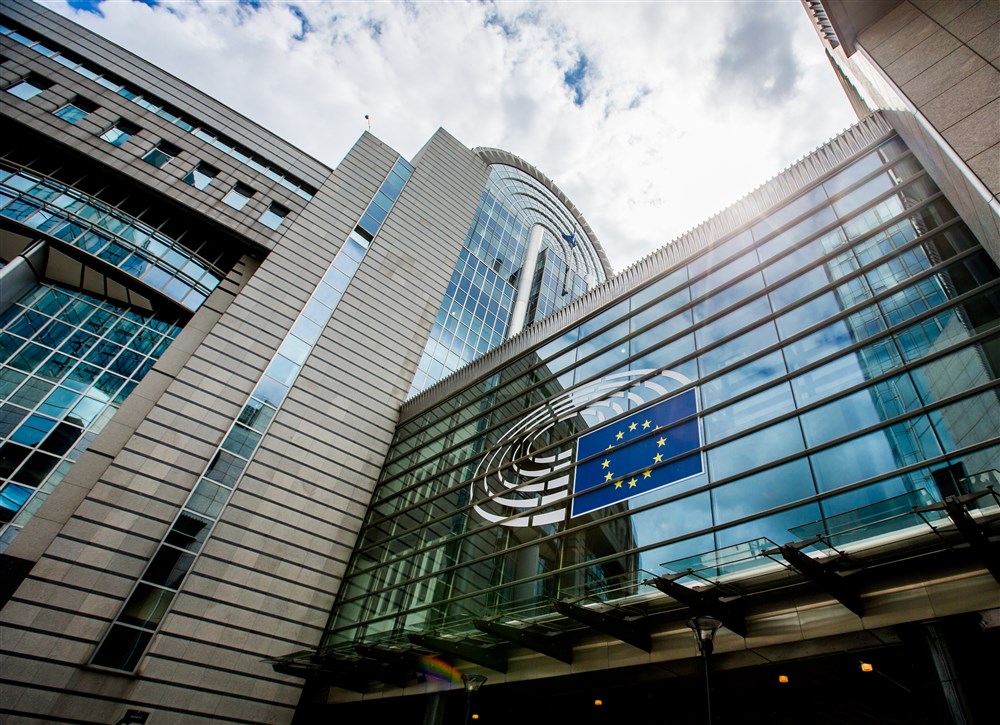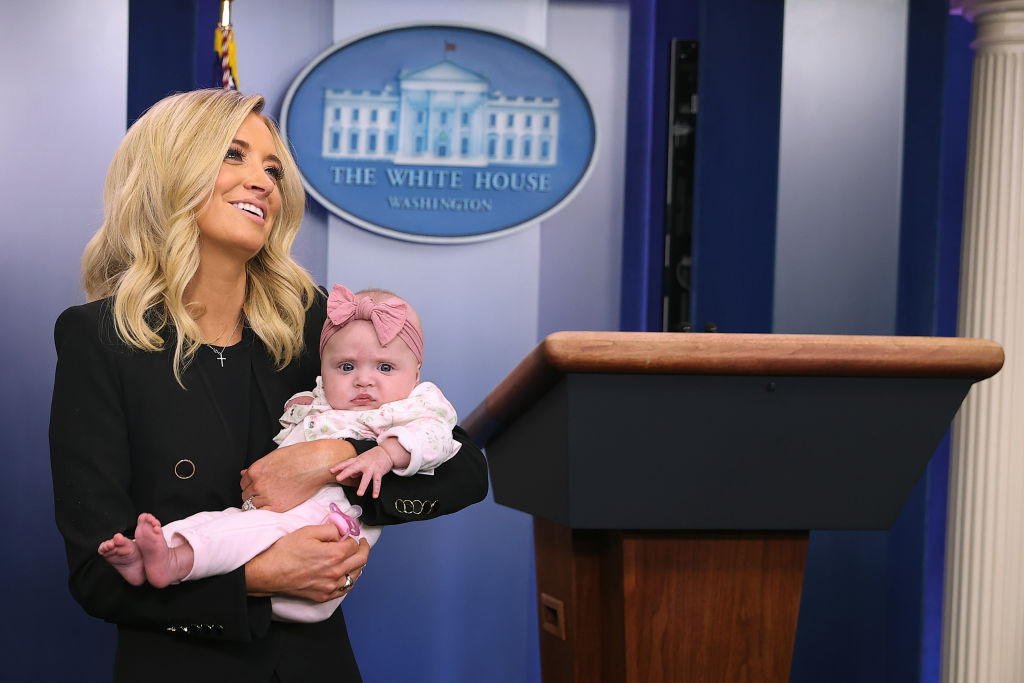Eurocare, a network of around 50 voluntary and non-governmental organisations working on the prevention and reduction of alcohol-related harm across Europe, wants to introduce graphic warnings on alcohol packaging, similar to those on tobacco products.
At a conference on June 27, hosted with support of the three main Left of centre groups in the European Parliament, the Socialists and Democrats (S&D), the Greens, and Renew Europe, speakers pledged to reign-in corporations that sell products ‘detrimental to human health’. They also accused the European Commission of being overly lenient towards such companies.
Eurocare said alcohol is the primary causal factor in more than 200 diseases and chronic health conditions, as classified by the International Agency for Research on Cancer (IARC). The solution, according to the group, is to reduce alcohol firms’ marketing power and provide better information for consumers.
In his opening remarks, MEP Nicolás González Casares (S&D), said he wanted a more evidence-based approach towards public health. He also lashed out at political opponents regarding the subject and the failed Nature Restoration law vote earlier, saying “the Right and the far Right vote against nature and health”.
His Renew colleague, Eric Poulsen, said there was a need for more education and preventive measures. Both underlined the huge impact commercial entities have on people’s health, saying: “We need policies that prioritise health over short-term financial gains.”
Being discussed today – Is the EU facilitating an industrial epidemic?
Great keynotes by @spidermaani @ Anna Gilmore#CDoH #NCDs @EUROCAREBRUSSEL pic.twitter.com/OcmsatX0It
— Carina Alm (@CarinaAlm) June 27, 2023
Nason Maani, a lecturer in Inequalities and Global Health Policy at Edinburgh University, gave a presentation on how corporations can influence people’s lifestyles by shaping social norms. He used the example of “torches of freedom”, a campaign run by the tobacco industry connecting feminism with women smoking, in an attempt to make it socially acceptable across large swaths of the female population.
That highlighted what was described as the power and importance of advertising and was a recurring theme with all the speakers at the event. Another point of contention, according to the attendees, was how the European Union allows corporations to self-regulate, something tobacco research professor, Anna Gilmore, of the University of Bath, underlined in her presentation regarding detrimental commercial effects on health.
“Commercial actors shape policy in their own interest,” she said. “They sell more products and they earn more money, harmful products as well.”
She said the external costs of such practices are felt by the rest of society, meaning the profits those companies make are excessive. Prof Gilmore claimed that harmful products such as fossil fuels, tobacco, alcohol and highly-processed foods combined are the cause of between 19 and 33 million deaths a year globally, far exceeding the total number of Covid-related deaths so far worldwide.
There was also a panel discussion on the power of industry lobbies in the EU. Perhaps most notably, embattled Begian MEP Marie Arena was due to attend but pulled out after it was revealed she had lobbied for cannabis derivatives while her son has his own cannabis-products business.
Under-fire Belgian MEP Marie Arena has pulled out of a healthcare conference in the European Parliament. https://t.co/n7kR9vJgB7
— Brussels Signal (@brusselssignal) June 26, 2023
The last part of the conference was focused on labelling and graphic warnings for alcohol, something that apparently doesn’t receive much support in Europe but which the attendees want to change.
The congress concluded with a twofold solution for the discussed problems. First was the adoption of more information for the consumer via a mandatory indication of the energy value and a full nutrition declaration with a list of ingredients on labels. Secondly, the use of graphic health warnings, similar to those on tobacco packets, should be implemented indicating the health hazards accompanying drinking alcohol.
Currently, any such labelling is not consistent across Europe with, for example, Belgian beers being the most obvious. On the other hand, Ireland came to the fore just days ago, introducing mandatory health warning labels on alcohol products. Other countries, meanwhile, such as Italy, vehemently oppose similar labels on wine.
Asked by Brussels Signal on his opinion of the ideas aired at the congress, Christopher Snowdon, Head of Lifestyle Economics at the Institute of Economic Affairs, reacted negatively. “Firstly, I have heard the claim that alcohol causes 200 diseases before but have never found the list,” he said.
“If these people are so committed to informing the public, shouldn’t they publish the list and make sure plenty of people see it?”
Snowdon said he felt such warning labels were unnecessary. “No doubt these campaigners would like people to believe that alcohol is as dangerous as cigarettes, but that is not true. Implying that the risks were commensurate would mislead the public, not inform them,” he said.
“Graphic warnings serve no useful purpose for education. They only exist to repel and disgust people.
“Eurocare is a temperance group, plain and simple,” he added.
“They have a teetotal ideology. If they thought they could get prohibition, they would surely campaign for that. Instead, they use ‘salami slice’ new-prohibitionist methods.
He concluded: “They are entitled to their views but they only represent a small, fanatical part of public opinion and their objectives are antithetical [opposite] to the interests of the majority of Europeans who drink.”





